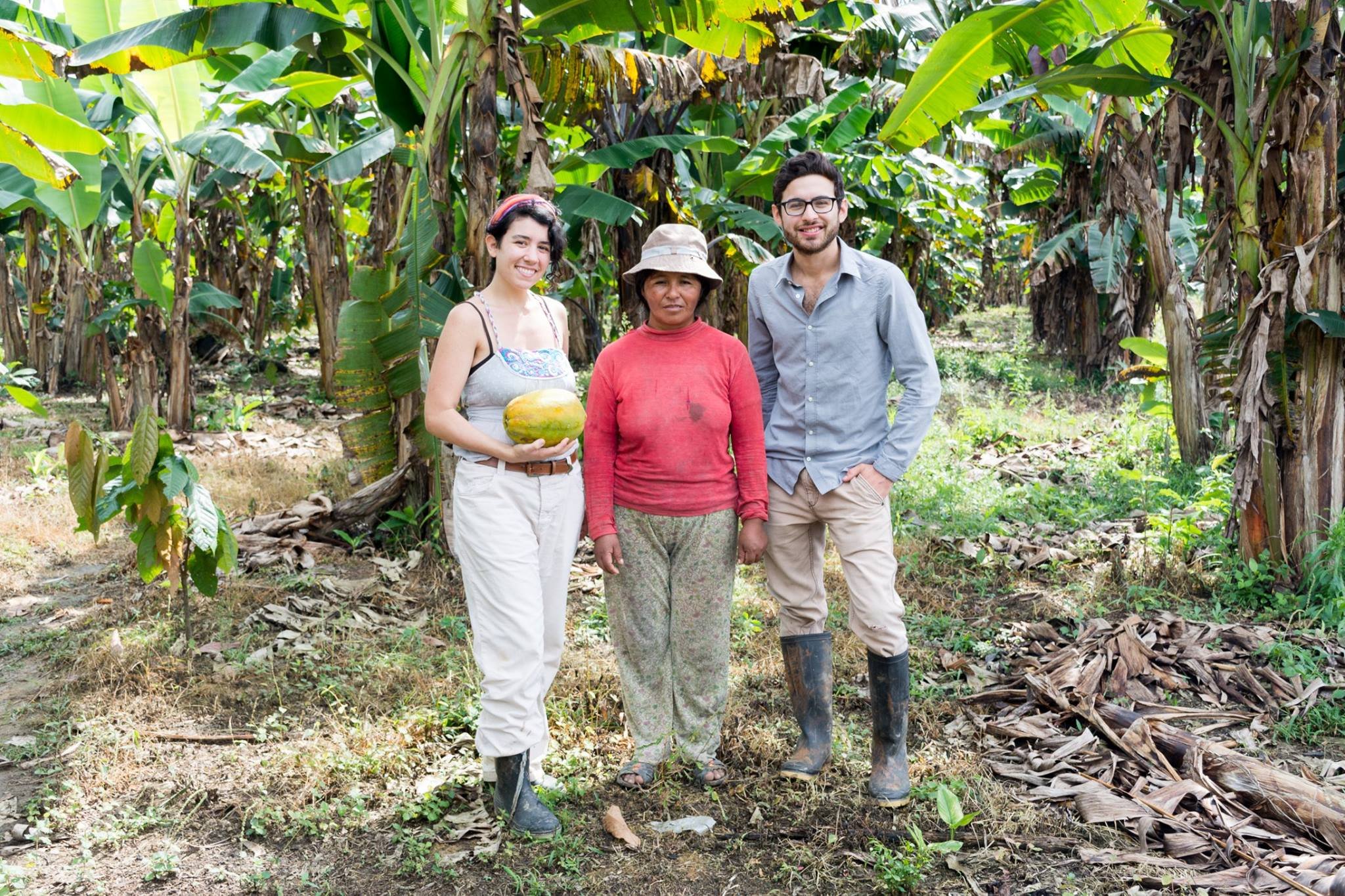Awe as Medicine: Nurturing a Lifelong Passion for Life's Wonders
By: Shayna Gladstone (Sister Stone)
As I place my fingers upon this keyboard and begin to write, I am reminded of a sense of wonder that lies hidden behind the daily grind I've immersed myself in over the past few years. It's a state that has always been a part of me, fueling my curiosity, zest for life, and thirst for experiences. I recall countless moments when tears of joy welled up in my eyes as I witnessed families reuniting through train windows during my journeys to and from college in Chicago. This, I believe, is the sentiment that keeps us passionate, creative, and truly alive. It's the joy of watching our children grow, the fulfillment that comes from helping others, and the sheer awe of witnessing the beauty of the natural world, from epic landscapes to wild creatures and the scent of blooming flowers.
I am acutely sensitive, a gift and a challenge in equal measure. I perceive the world around me with an extraordinary depth, where everything seems to leave its mark on me. Tuning into this heightened ability to sense is a remarkable way to experience wonder. Occasionally, I find myself in those fleeting moments when I observe something ordinary, like two people sitting in a park, and for a brief second, I'm struck by the sheer wonder of humanity. Even the invisible force of the wind rustling through trees holds me is rousing. I reminisce on a practice from my childhood, around the age of seven or eight, when I would sit outside my apartment complex, observing and writing about everything like a fascinated investigator. However, my sensitivity can also prove challenging when I'm moved by every little thing around me.
Recently, I listened to a podcast where Krista Tippet interviewed Dacher Keltner, titled "The Thrilling New Science of Awe." It reignited a long-forgotten sense within me, one that I'm grateful hasn't vanished since my childhood. My passion for life, at times overwhelming, is fueled by this sense of awe, leaving me frequently exhilarated about so many things. However, I've noticed that as I entered a phase of life where financial stability took precedence, accessing this feeling became somewhat more challenging. It's always there, but often obscured by the constant stream of thoughts about survival and achieving my goals.
It also became increasingly difficult to experience as I had already lived through some of the most wondrous moments one could imagine. I'm eternally grateful for those experiences, but I've noticed that it now takes much more to truly move me. Experiences such as hiking to the summits of volcanoes in Guatemala and Nicaragua, dancing naked in the ocean under a full moon in Costa Rica with my beautiful sister Ana while witnessing a "moon bow", a rainbow around the moon, or traveling down the Amazon River with my former partner to meet and interview Indigenous Regenerative Farmers. My fascination in my twenties with learning how to live in ecological harmony with the land, learning from experts and indigenous peoples, and the unforgettable sunset dance party on a boat surrounded by volcanoes, culminating in a kiss with my beloved. I could go on and on. Many of life's experiences now seem ordinary compared to the most extraordinary, joyful, and captivating moments I've been fortunate to live through.
Yet, despite the occasional difficulty in being impressed by life, I yearn to embrace this state of awe as a practice, just as I did when I was a child. It's a state that's accessible regardless of how far I travel or how mundane my external circumstances may seem. As I write, in my bedroom at age 34, residing in my mother's home (which can sometimes feel rather ordinary), I can't help but feel a sense of excitement, knowing that this state of being is right here, waiting for us to choose it, no matter what is happening outside or around us.
In a White Paper authored by the Greater Good Science Center at UC Berkeley, which delves into the scientific research conducted by Dacher Keltner, it's stated, "Awe experiences may bring with them a host of physiological, psychological, and social effects. For instance, studies have found that feelings of awe can be accompanied by changes in heart rate, goosebumps, and chills, and there is even some evidence that awe may decrease markers of chronic inflammation. Psychologically, awe can create a diminished sense of self (known as 'the small self'), give people the perception of having more available time, increase feelings of connectedness, enhance critical thinking and skepticism, boost positive mood, and reduce materialism. Multiple studies have found evidence that experiencing awe makes people kinder and more generous."
Learning about these scientific studies has been exhilarating, as this sense of awe has arguably been the most powerful force in my life, inspiring my poetry, music, and insatiable quest for truth and beauty. Discovering that there is now scientific research confirming its positive impact on our mental and physical well-being is both validating and motivating on my journey. Regardless of our current life circumstances, may we continue to find peace and inspiration in the smallest of things that stir our creativity. May awe serve as a muse, a catalyst for happiness, and a path to falling deeply in love with life, for all of us.






